Potentially nephrotoxic medications are prescribed at a higher rate to children with versus without chronic kidney disease (CKD), according to a study published online in the Clinical Journal of the American Society of Nephrology.
Claire E. Lefebvre, M.D., from the Centre Hospitalier Universitaire Sainte-Justine in Montreal, and colleagues conducted a retrospective, matched population-based cohort study of patients aged <18 years registered at a general practice to determine the prevalence and rates of primary care prescriptions for potentially nephrotoxic medications. Children with a clinical code indicating an incident diagnosis of CKD were matched to patients without CKD in a 1:4 ratio; data were included for 1,018 incident CKD cases and 4,072 non-CKD matched controls.
The researchers found that during follow-up, 26 and 15 percent of patients with and without CKD, respectively, were prescribed one or more potentially nephrotoxic medications. The overall rate of nephrotoxic medication prescriptions was 71 and eight per 100 person-years in patients with and without CKD, respectively (adjusted rate ratio, 4.1).
"Potentially nephrotoxic medications appear to be prescribed at high rates to pediatric patients with CKD," the authors write. "Although their use may sometimes be justified, there is an apparent need for increased awareness of their harmful potential in this high-risk patient group."
Editor's Note:
En-CPhI.CN is a vertical B2B online trade platform serving the pharmaceutical industry,
for any copyright disputes involved in the reproduced articles,
please email: Julia.Zhang@ubmsinoexpo.com to motify or remove the content.





 ALL
ALL Pharma in China
Pharma in China Pharma Experts
Pharma Experts Market News
Market News Products Guide
Products Guide Brand Story
Brand Story
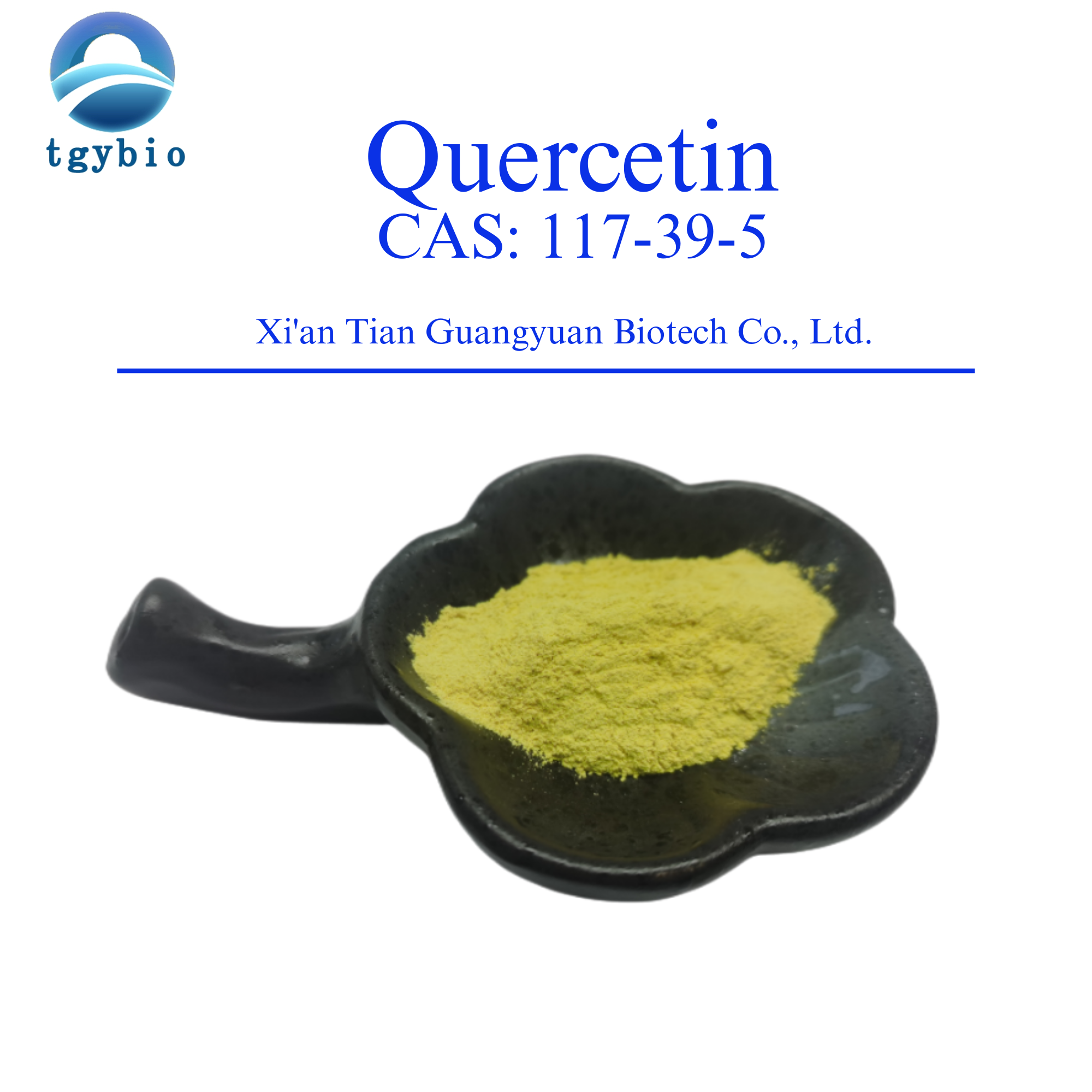
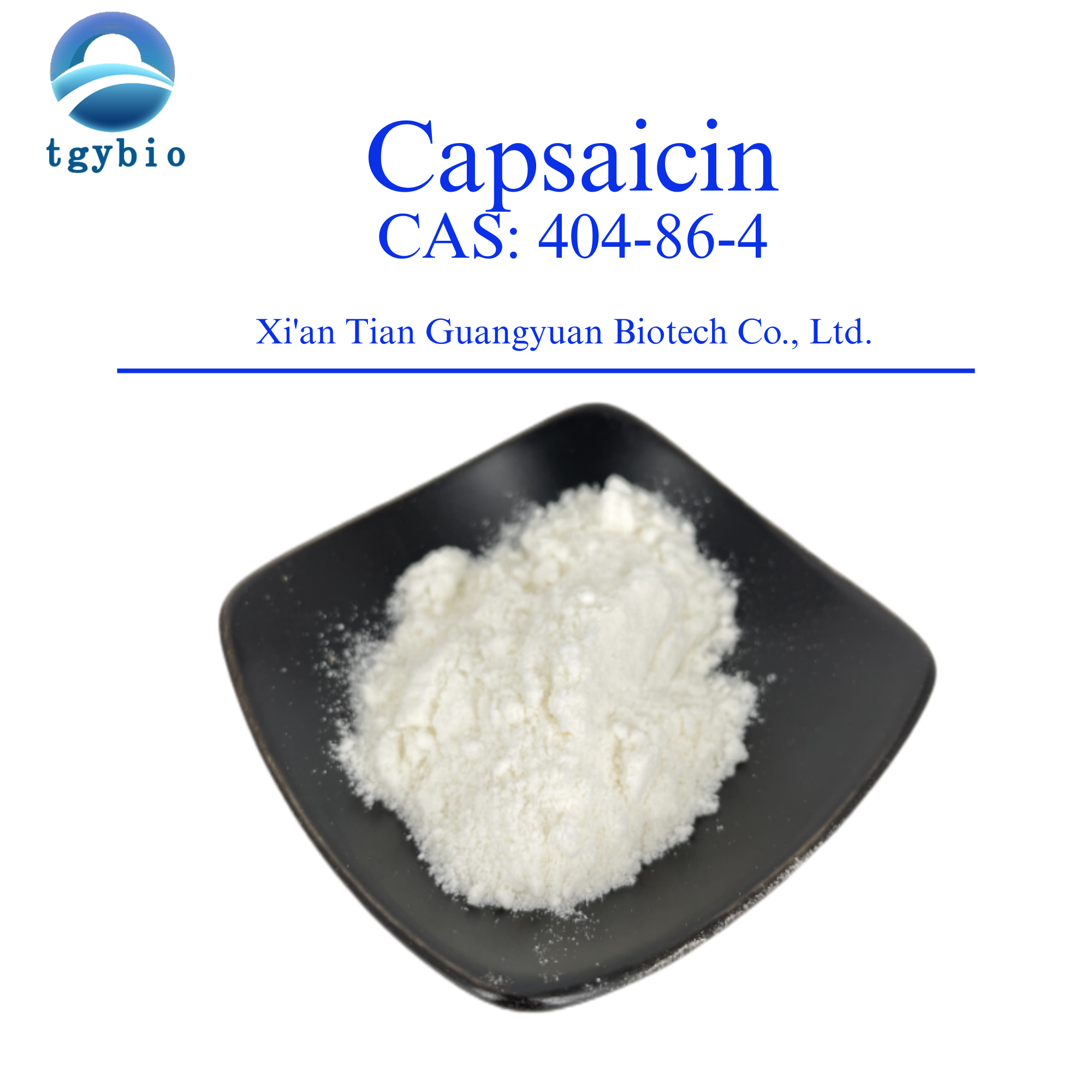
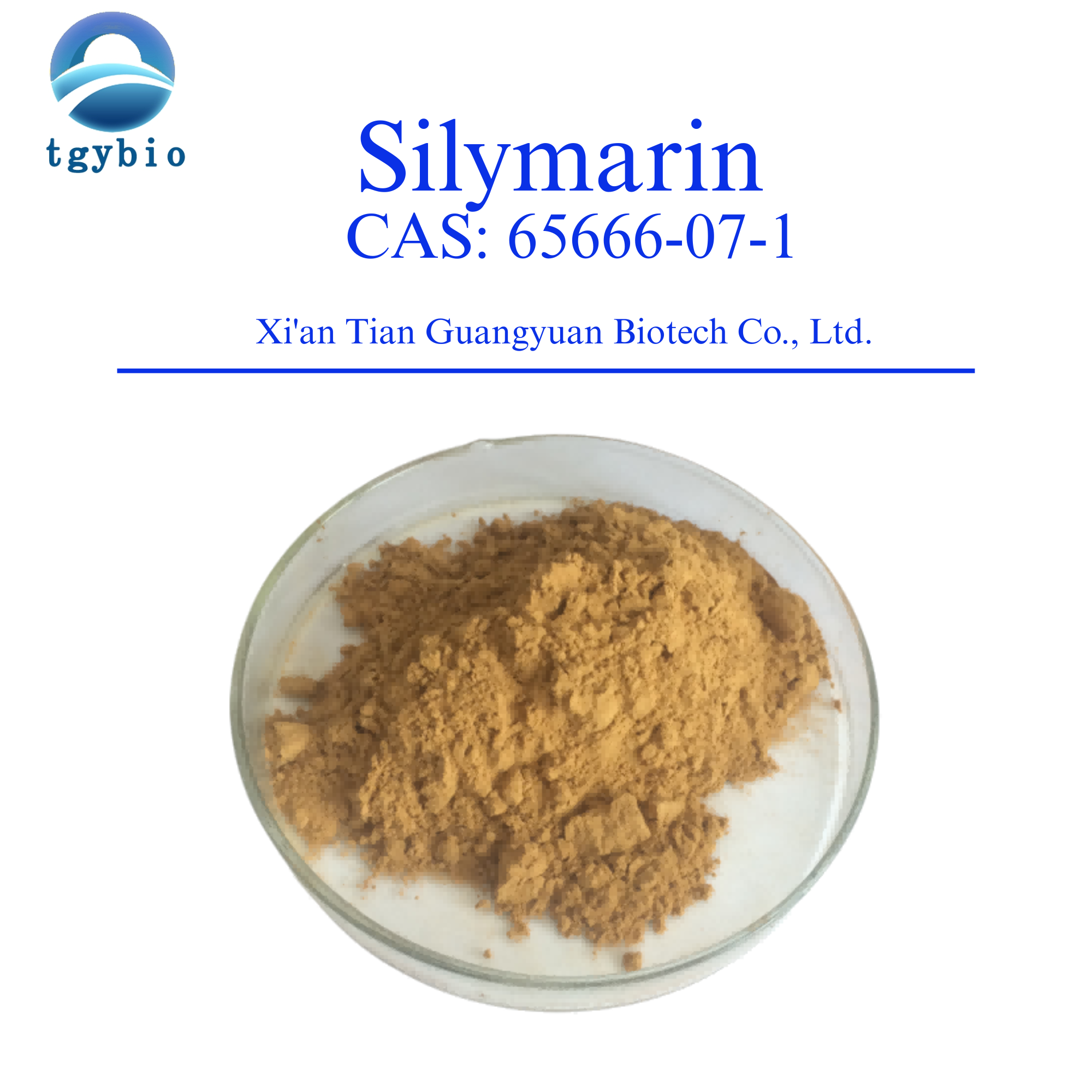
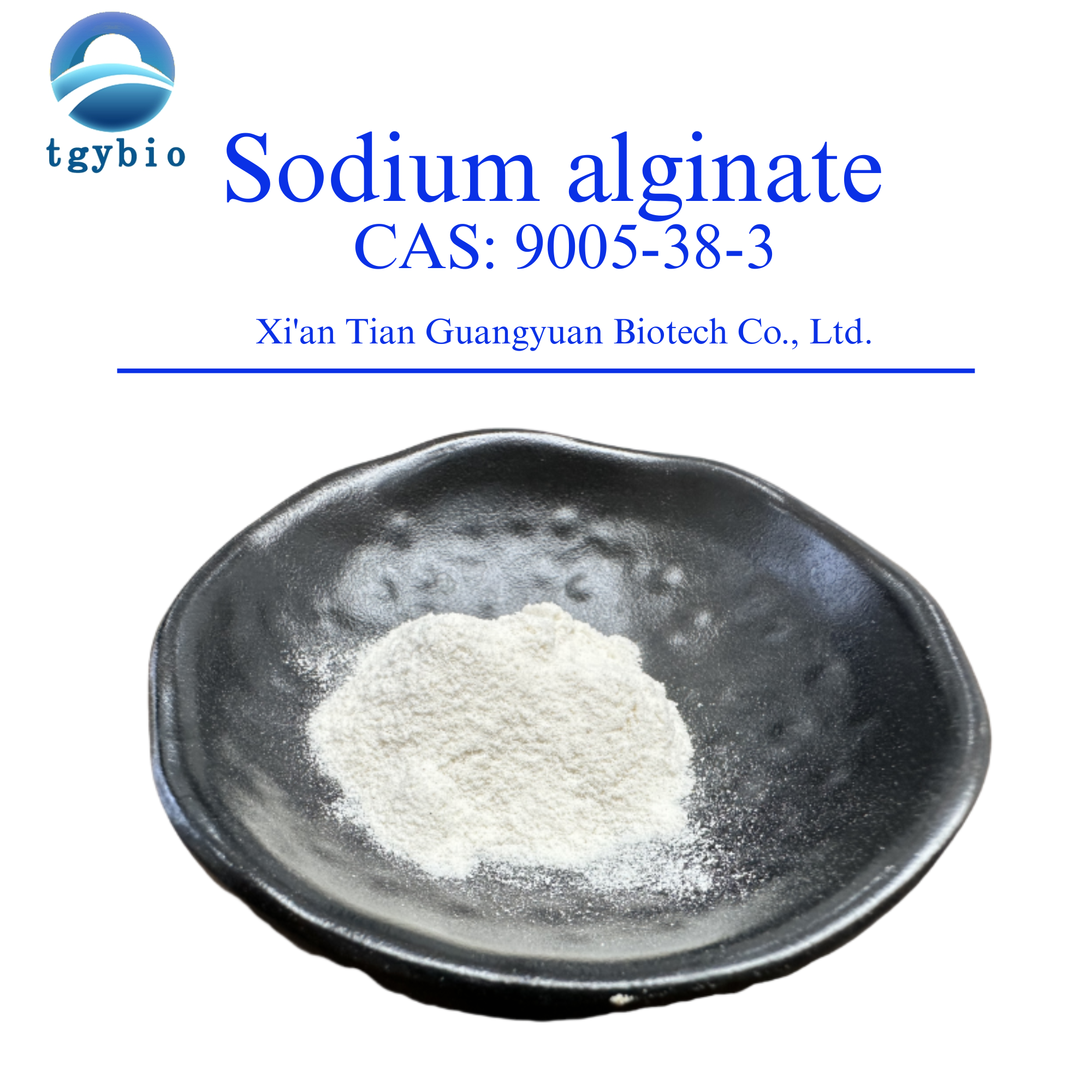
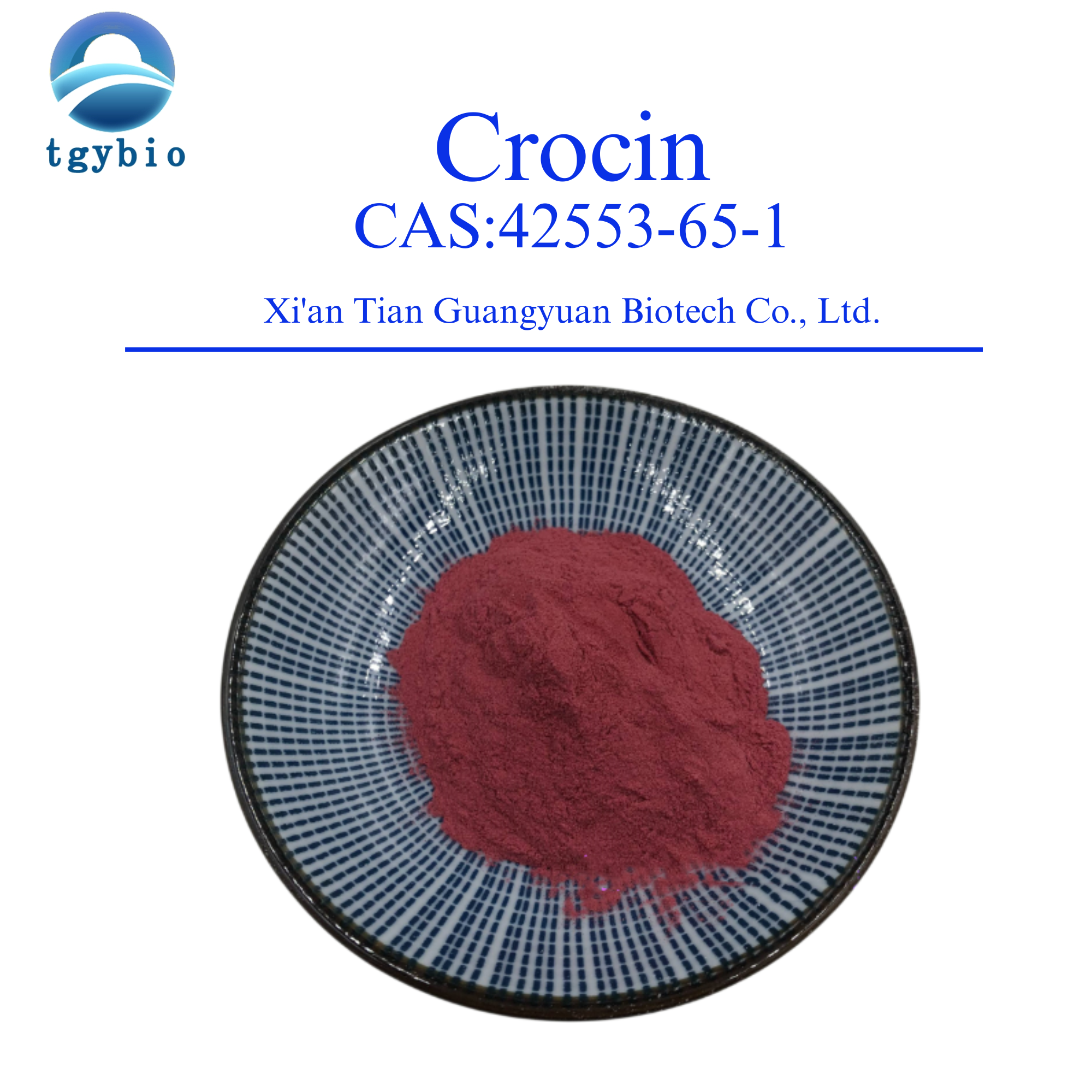
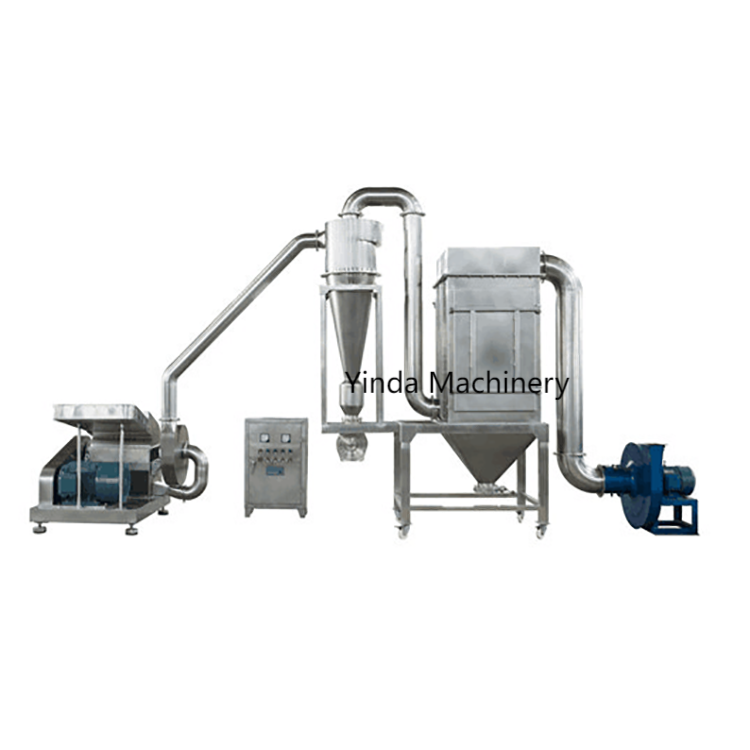

















 Pharma Sources Insight January 2025
Pharma Sources Insight January 2025








